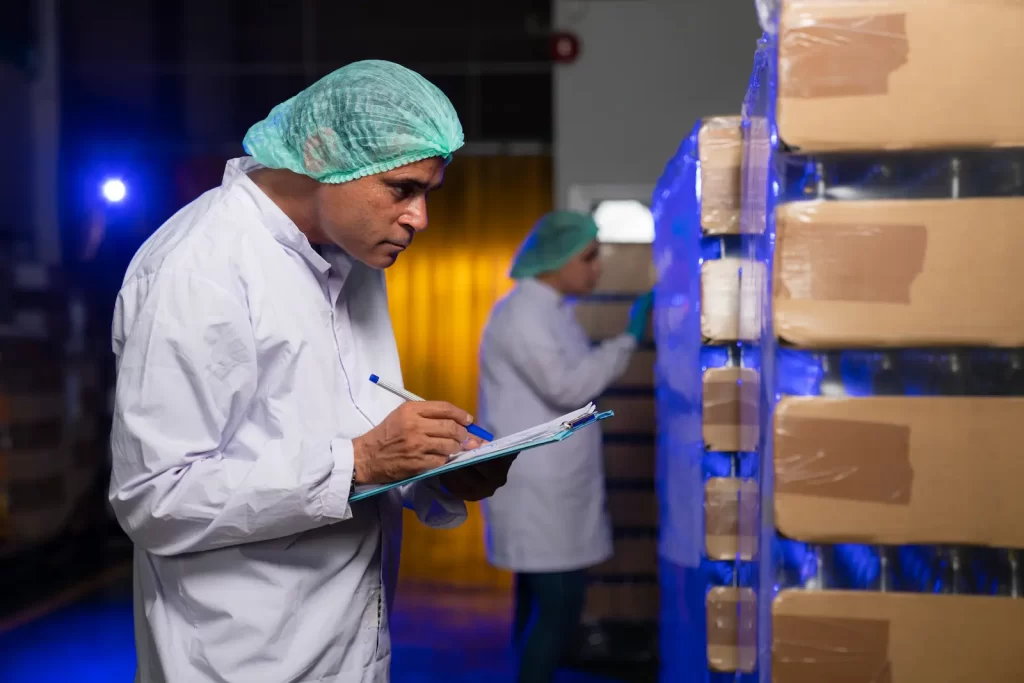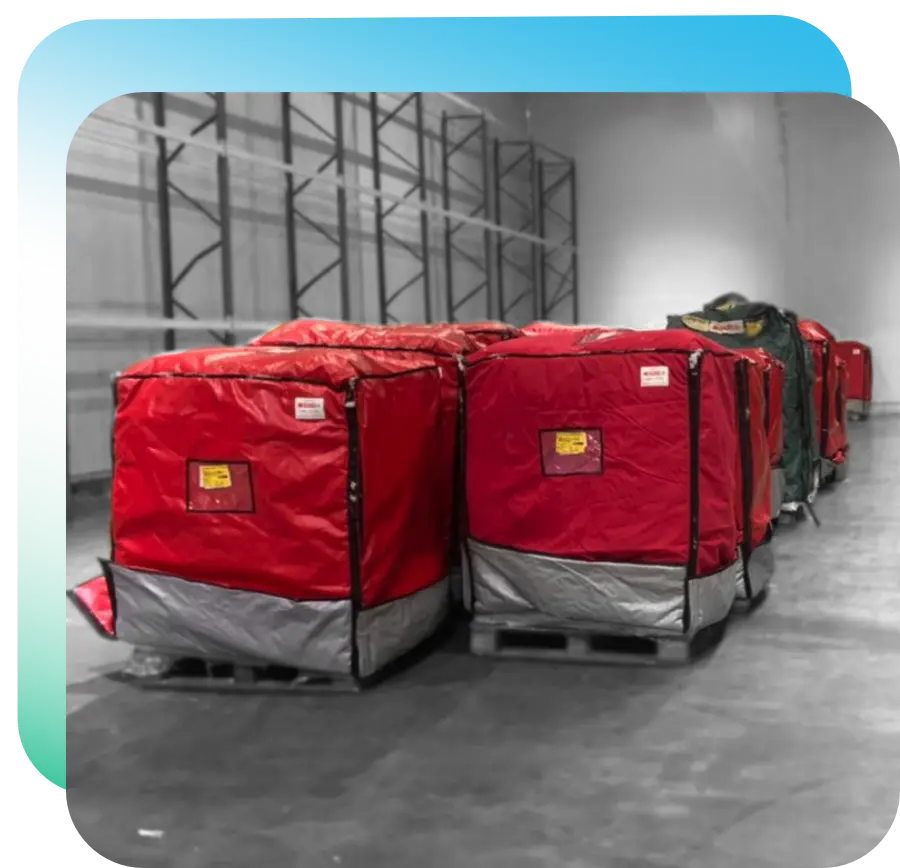Introduction:
Sustainability is no longer a buzzword; it’s a necessity. In the logistics sector, particularly within the cold chain, the push for eco-friendly practices is gaining momentum. Traditional cold chain operations are energy-intensive, contributing significantly to carbon emissions and environmental degradation. However, innovations like advanced thermal covers offer a path towards a greener, more sustainable future. This post explores how thermal covers can help businesses reduce their energy costs and environmental impact, paving the way for a more sustainable cold chain.
Understanding Sustainable Cold Chain:
Sustainable cold chain logistics aims to minimize the environmental footprint of temperature-controlled supply chains. Key principles include reducing energy consumption, minimizing waste, and adopting eco-friendly materials and practices. Traditional cold chain operations often rely on energy-guzzling refrigeration units and produce substantial carbon emissions. Adopting sustainable practices not only benefits the environment but also leads to cost savings, enhanced brand reputation, and compliance with increasingly stringent regulations. Technology and innovation play a crucial role in achieving sustainability goals, with thermal covers being a prime example. For information regarding sustainable agricultural practices within the South African market, the Agbiz website provides valuable resources.
Energy Efficiency with Thermal Covers:
Thermal covers significantly reduce the need for excessive refrigeration by maintaining consistent temperatures and minimizing heat transfer. By creating a thermal barrier, these covers reduce the workload on refrigeration units, leading to substantial energy savings. In transport modes like refrigerated trucks and containers, thermal covers help maintain product temperatures, reducing fuel consumption and emissions. Businesses can optimize their energy efficiency by selecting thermal covers with high R-values and U-values, which indicate superior insulation performance.
Reducing Carbon Footprint:
Energy consumption is directly linked to carbon emissions. By reducing energy use, thermal covers contribute to a smaller carbon footprint for cold chain logistics. Furthermore, the use of sustainable materials in thermal cover manufacturing, such as recyclable and biodegradable components, further minimizes environmental impact. Life cycle assessments (LCAs) can help quantify the environmental benefits of thermal covers, highlighting their role in achieving carbon reduction targets. Adopting eco-friendly practices throughout the supply chain demonstrates a commitment to environmental responsibility and enhances brand image.
Eco-Friendly Logistics Practices:
Thermal covers are just one piece of the puzzle in achieving a sustainable cold chain. Other eco-friendly practices include optimized routing to reduce fuel consumption, the use of alternative fuels like electric or hybrid vehicles, and efficient warehouse management systems. Thermal covers complement these practices by providing an additional layer of temperature control, ensuring that products remain within required ranges with minimal energy input. Collaboration and partnerships with suppliers and logistics providers are essential for achieving sustainability goals. Companies like Cover Solutions, which prioritize sustainable manufacturing and material sourcing, play a pivotal role in driving industry-wide change. For information regarding best practices within the South African supply chain, the SAPICS (The Supply Chain Management Society of Southern Africa) website is a valuable resource.
Benefits of Sustainable Cold Chain with Thermal Covers:
Adopting thermal covers as part of a sustainable cold chain strategy offers numerous benefits:
- Cost Savings: Reduced energy consumption translates into lower operational costs.
- Enhanced Brand Reputation: Demonstrating a commitment to sustainability attracts environmentally conscious customers.
- Compliance with Regulations: Adhering to environmental regulations avoids fines and penalties.
- Reduced Environmental Impact: Minimizing carbon footprint and waste contributes to a healthier planet.
- Improved Operational Efficiency: Streamlining logistics processes and reducing energy waste enhances overall efficiency.
Conclusion:
Thermal covers are a powerful tool in the quest for a sustainable cold chain. By reducing energy consumption and minimizing environmental impact, they offer significant benefits for businesses and the planet. Adopting eco-friendly practices is no longer an option but a necessity for long-term success. Cover Solutions is at the forefront of this movement, providing high-quality, sustainable thermal cover solutions that help businesses achieve their sustainability goals.
Embrace sustainable cold chain practices with Cover Solutions. Contact us today for a consultation on eco-friendly thermal cover solutions.


